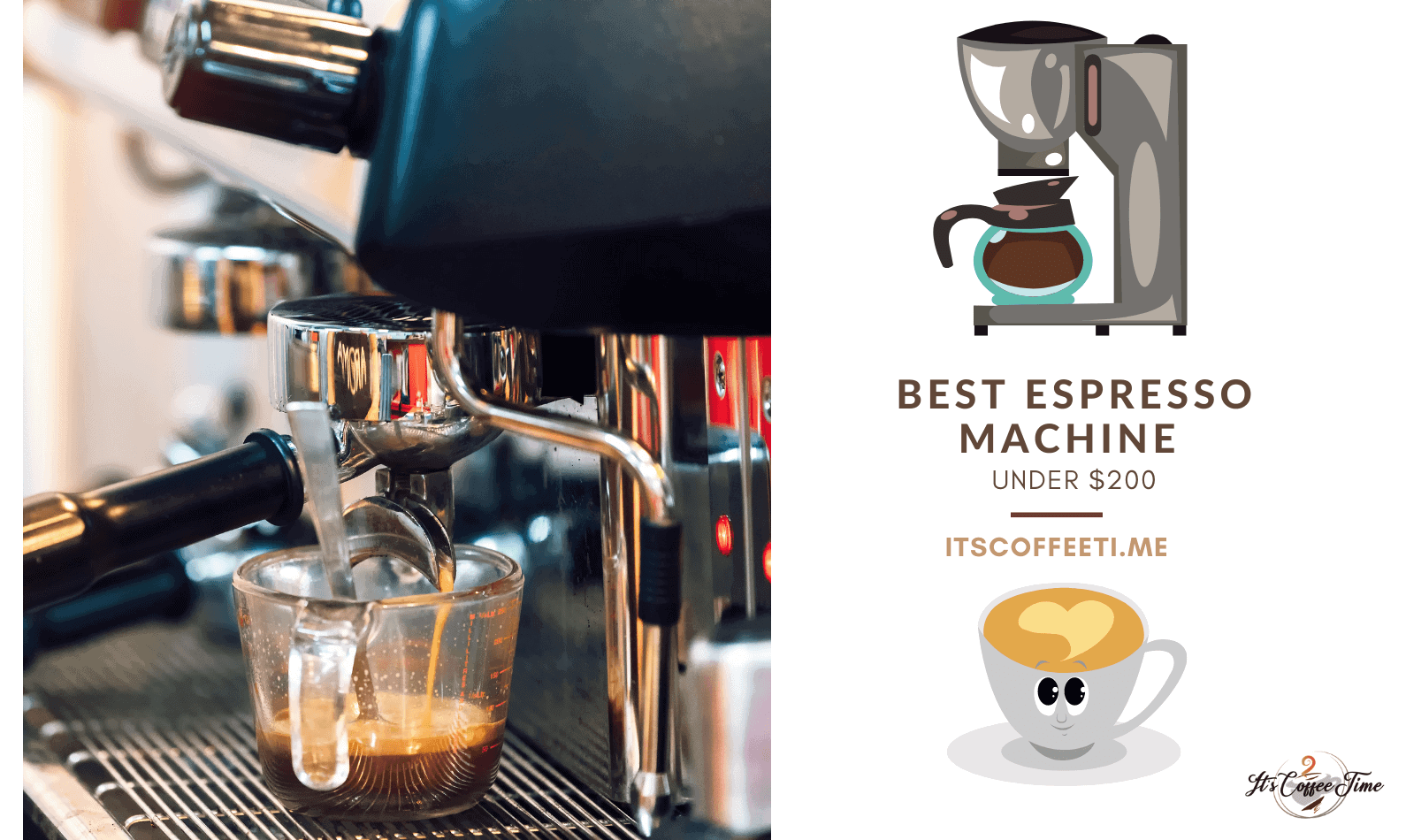Top-Notch Best Ethiopian Coffee Brands 2022: Ethiopia is the heavyweight of African occasional and one among the world’s highest coffee-producing countries. Several distinct coffee-growing regions exist within Ethiopia, each of which carries its reputations and trademarks. There’s an old story about a goat herder in the 9th century first discovering the coffee bean because he noticed his flock becoming energized after eating a certain berry type. Those berries eventually became known as coffee beans, and their popularity spread quickly throughout Africa and the Arabian peninsula. Whether this story is true or not, coffee has been around in Ethiopia for centuries.
So, if you’re looking for the best Ethiopian coffee, you may have noticed that there are countless choices on the market today. We’re here to help! We’ve narrowed down the list and provided reviews for each one, thus giving you the ultimate buying guide for Ethiopian coffee brands.
SNEAK PEEK – THE BEST ETHIOPIAN COFFEE BRANDS
- TOP PICK: Volcanica’s Ethiopian Coffee
- BUDGET PICK: Cubico’s Ethiopia Yirgacheffe
- BEST FOR FLAVOUR: Volcanica’s Ethiopian Coffee
- BEST OVERALL: Volcanica’s Ethiopian Coffee
Ethiopian Coffee Origin
Have you ever wondered where coffee came from? While many people consider Yemen the birthplace of coffee brews, the plant itself came from across the Bar al-Mandab Straight near the Red Sea and the Gulf of Aden. That’s right; coffee’s from Ethiopia, so we’ll be looking at what coffee is like from its source. Stick around for the full low-down on Ethiopian coffee. The best Ethiopian coffees will be the ones from a single origin because they have predictable flavor profiles. This is great for those who like to try a coffee, fall in love with it, and stick with it. Usually, the more specific a company is about where they acquired their coffee beans, the higher it’s quality.
Is Ethiopian Coffee Organic?
An organic seal on the bag ensures that no synthetic chemicals or pesticides came into contact with the coffee beans, a definite plus. However, some of the coffees listed are from wild coffee trees or family farms that use organic farming practices. It’s therefore helpful to research the company before buying a bag of coffee from them.
Ethiopian Coffee Flavors
Ethiopian coffee has a naturally fruity and floral taste, but some are more citrusy and sour than others. If you don’t like one kind, be sure to try another, as it all depends on the specific farm and region in Ethiopia.
Top 5 Best Ethiopian Coffee Brands 2022 with Pros & Cons
1. Volcanica’s Ethiopian Coffee:
If you are to trust one Ethiopian coffee brand, it’s probably this one. Volcanica’s Ethiopian Yirgacheffe is a testament to the exceedingly high reputation of the region. A complex combination of fruit & wine with appropriately bright acidity and cinnamon hint makes up this splendid cup. If you’re ever asked if Yirgacheffe beans live up to the hype, hand the confused individual a cup of this, and wait for them to be enlightened.
Volcanica’s Ethiopian Yirgacheffe bean has been delineated as exotic, earthy, and authentic. And if you’d choose to appreciate the distinctive ornate flavors of an Ethiopian Yirgacheffe brew while not the energy boost, Volcanica offers a decaf Yirgacheffe bean that is also roasted to order.
2. Cubico’s Ethiopia Yirgacheffe:
The Birhanu family farm provides this single-origin product. Ladies and gentlemen, it doesn’t get much better than this. A complex array of floral & lime notes are highlighted by the brilliant citrus-toned acidity that Ethiopian beans are known for. An almost unexpected yet seamless transition to a nice chocolate finish makes this one brilliantly complete cup of coffee. There are uncounted Ethiopian coffee brands out there; however, Cubico offers one thing extraordinary!
Though the family farm where the coffee beans originate practice organic farming methods according to Cubico, there is no official USDA Organic certification. It’s also not Fair Trade Certified. Because of being ground, the coffee goes stale quickly, so be sure to store it in an air-tight container. This coffee also seems to be of unpredictable quality, often having a sour aftertaste.
3. Cooper’s Ethiopian Whole Bean Coffee:
Another entry for “˜the rest of the Ethiopian coffee regions, and a strong one. This light roast, micro-lot coffee comes from Gomma, located within the Oromia region of Ethiopia. This coffee offers an associate intense assortment of flavors wrapped in a very velvety sleek body. Floral, fruit & lemon notes are complemented by a honey-like sweetness and a sweetly-tart acidity that can only be described as vibrant. A lot is going on in this cup, and it all works together perfectly.
This wonderful array of flavors makes for a cup of coffee that is not to be missed by anyone. Unlike Volcanica, there’s no guarantee that the beans are roasted promptly, and there’s no roast date on the package to confirm exactly when they were roasted either. Even though these are Farm Gate coffee beans, the package lacks any official organic or fair-trade seals.
4. Fresh Roasted Coffee LLC’s Ethiopian Coffee:
Another Sidamo here to round out our list. This time a light-weight roast, organic choice by contemporary roast coffee. Earth & wine notes are gifts inside a pleasant creamy body that is complemented by a berry-toned acidity. A distinct and sweet blueberry style dominates this coffee flavor profile, while hints of earth & nuts compliment. A creamy & sustained finish completes this cup. This one lives up to the lofty expectation of the Sidamo region.
Fresh Roasted Coffee’s Ethiopian Yirgacheffe Whole Bean Coffee is both USDA organic and Fair Trade Certified. It has a single origin in Ethiopia’s Yirgacheffe region, which gives it a predictable flavor profile of sweet tangerine, lemon tea, and lime. This is another coffee company that freshly roasts the beans and immediately ships out the coffee. The medium roast is suitable for a wide variety of tastes. Despite the company’s statement on their website that they roast the beans and immediately ship, there are no roast dates on the coffee bags, so you can’t confirm the exact date. Also, this particular variety can be a little citrusy for some palettes. Many have represented it as “sour” for this reason.
5. Coffee Bean Direct Ethiopian Whole Bean Coffee:
Coffee Bean Direct has a Dark Ethiopian Yirgacheffe variety in whole beans that is both USDA Organic and Fair Trade Certified. It also offers the Ethiopian Yirgacheffe in light roast and even unroasted. The dark roast has a flavor of lemon, baker’s chocolate, and blueberry. We appreciate that the company claims to practice small-batch roasting, which keeps the beans fresher, but there are no roast dates printed on the bags. The quality can be unpredictable from bag to bag.
Coffee Bean Direct does not specifically name its source for the coffee beans; beyond that, they are from Ethiopia’s Yirgacheffe region. The lightness of the roast contributes to a sweet and tart acidity and highlights the complex flavor profile. You’ll detect floral notes alongside honey, lemon, and fruit ones. All of this comes with a smooth, velvety body.
Ethiopian Coffee Brands: Conclusion
These are our best Ethiopian Coffee Brands. These are our top pick not only because it’s micro-lot, single-origin coffee, but also because it is sourced from wild trees. The coffee is freshly roasted and shipped immediately so that you can be sure of its quality. These are our best ground coffee picks because it’s single-origin coffee from a family farm in Ethiopia. The coffee is freshly roasted right before shipping, and each bag includes a roast date. This is a fantastic choice for anyone who wants the convenience of ground coffee.
Read more about Best Thermal Coffee Mugs 2022 to Keep your Coffee Hot!
We hope our list of reviews has made it easier to narrow down your choices for the best Ethiopian coffee. Now all that’s left is to pick out your favorite and brew up a fruity-floral cup! Ethiopia is the birthplace of coffee; thus, it is sensible that this coffee capital would supply a number of the foremost eclectic and authentic coffee on the market.









